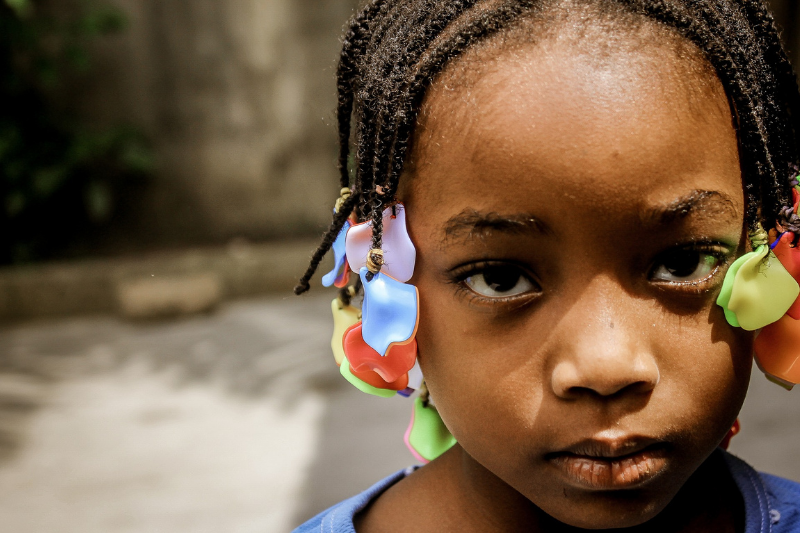Among children who lost a parent to COVID-19, 20 percent were Black children, which means that Black children were more likely than average to be left parentless.
BY DR. LASONYA L. MOORE & DR. LATIENA WILLIAMS, Contributors
ST. PETERSBURG — For years, early childhood education programs have successfully increased opportunities for the advancement of vulnerable Black children and their families. These positive benefits associated with early childhood education programs have included strong outcomes in social, emotional, and educational gains of children living in vulnerable families and impoverished environments.
The COVID-19 pandemic caused most early childhood education programs to close their doors. Some states mandated the provision of remote learning; however, some did not. This became catastrophic for children and families living and learning in marginalized communities.

Dr. LaSonya L. Moore
For state-funded early childhood education programs, there was a significant difference in what programs were required to provide to students. Did the state-funded program policymakers not see the students who lived and learned in marginalized populations as a sense of urgency?
During the pandemic, the absence of family supports, health needs, and in-person educational options disadvantaged many children, particularly Black children in lower-resourced communities who were already at an academic and social disadvantage. Many students had less access to technology that could have been used to offset classroom learning during the onset of the pandemic, not to mention the lack of urgent sustainable resources such as meal programs, basic health care, counseling, and afterschool programs.
Consequently, these students fell further behind and became isolated when the school doors closed. Children from certain racial and ethnic minority families carried a disproportionate burden of illness and severe outcomes from the pandemic.
According to the American Academy of Pediatrics (AAP) Florida chapter, to date, the state has seen 17 child deaths due to COVID-19. This past August, Florida saw an overall 63 percent increase in new child infections as children began returning to classrooms and amid the ongoing debate between the parents and school districts regarding student mask mandates.

Dr. Latiena Williams
A year and a half into the pandemic, children worldwide face a devastating new normal. An estimated 1.5 million children around the globe have experienced the death of a parent, custodial grandparent, or other relatives who cared for them because of COVID-19.
Black people are the second-largest racial/ethnic minority group in the United States, representing 14 percent of the national population. Among children who lost a parent to COVID-19, 20 percent were Black children, which means that Black children were more likely than average to be left parentless.
The Journal of the American Medical Association published a study that estimated approximately 7,600 of the 37,300 who lost at least one parent to COVID-19 were non-Hispanic Black children between 0 and 17. Thus, experiencing a loss of a parent at this juncture may cause permanent psychiatric consequences, including post-traumatic stress disorder, anxiety, psychosis, depression, delinquency, and even suicidal tendency.
The gaps and opportunities revealed by the pandemic serve as a roadmap for developing a comprehensive early childhood system that puts families first, focuses on healthcare, education, affordable aftercare services, housing, jobs in an equitable manner. Therefore, providing adequate funding to coordinate state and community level supports, thus bridging the gaps between the many services that support children and families.
The pandemic has provided an opportunity to consider what comes next when attempting to build a broader system of systemic care. Further, early childhood education programs should begin to focus on strengthening staffing and partnerships, making teaching and learning relevant, and empowering teaching teams to rebuild and reimagine sustainable support systems.
A child’s health and wellness are inextricably linked to their parents, caregivers, educators, leaders, and community. The overwhelming priority that emerged is the need for greater community awareness related to targeted early childhood mental health and the availability of educational supports and opportunities – among our most vulnerable populations.
Dr. LaSonya L. Moore is an assistant professor at the USF College of Education. Dr. Latiena Williams is a faculty member in the USF College of Nursing and Public Health.








